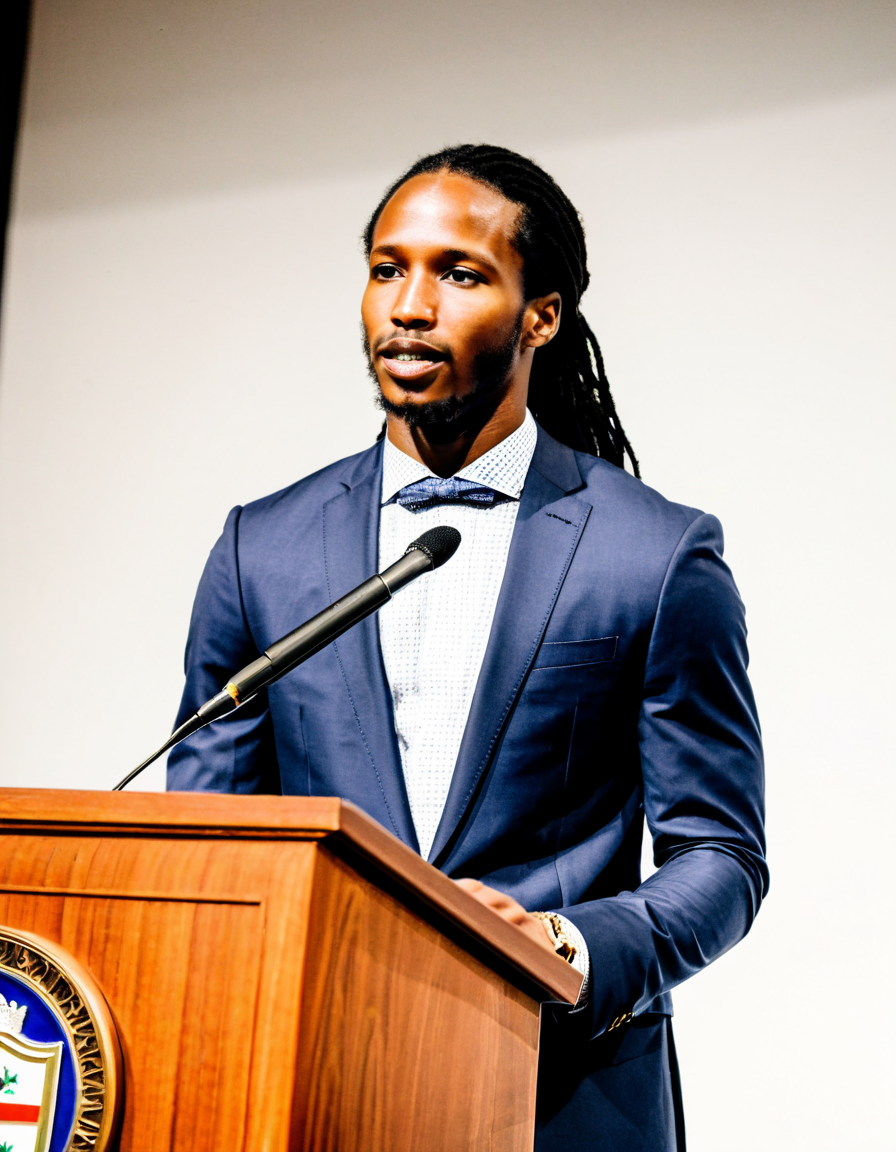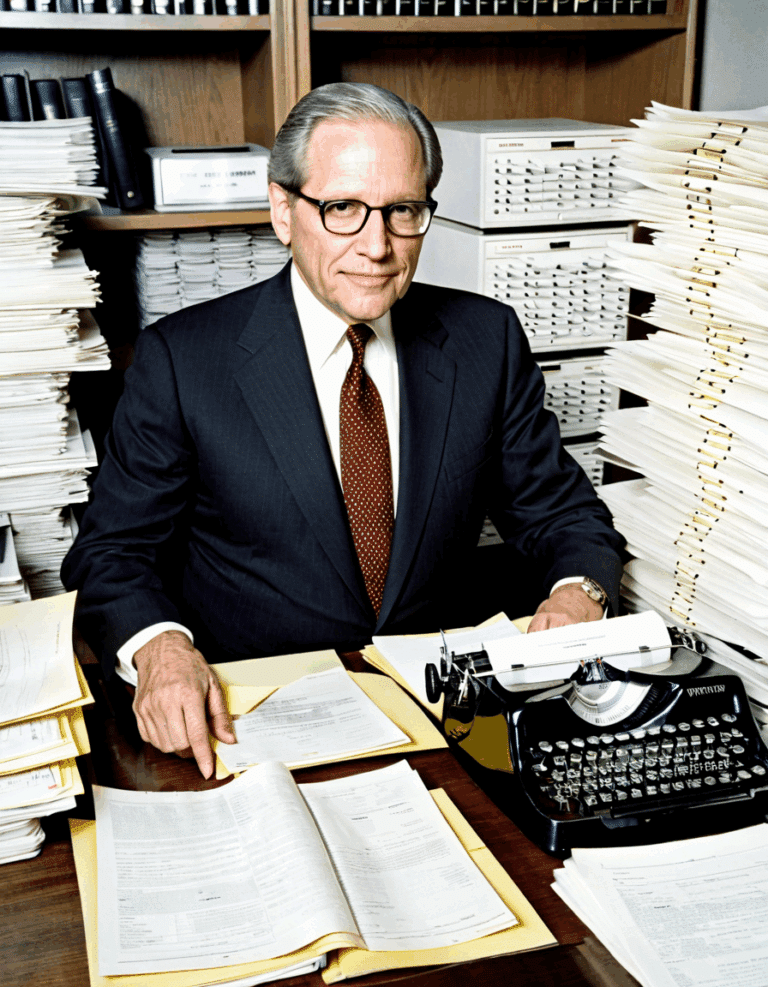Ibram X. Kendi has positioned himself as a pivotal figure in today’s racial justice movements. His works, especially “How to Be an Antiracist,” have significant sway over the discussions surrounding race, power, and policy. Kendi’s central premise asserts there can be no neutrality in the fight against racism. One must either actively support antiracist efforts or stand in support of racism. This bold take hasn’t just kindled debate; it has ignited conversations across the political spectrum, impacting educators, lawmakers, and activists from coast to coast.

1. The Foundation of Ibram X. Kendi’s Work
Kendi’s scholarship is fundamentally built on the idea that individuals have a responsibility in the fight against systemic racism. By framing racism as a powerful and pervasive force throughout society, he goes beyond the “mere” racism of individual actions and seeks to unearth the structural inequalities that uphold discrimination. This discourse has influenced how racial justice is conceptualized in the United States today, informing policy debates and cultural dialogues.
His writing style is accessible yet profound, making complex topics digestible for everyday individuals. Kendi says, “The antidote to racist ideas is antiracist ideas.” That’s a bold statement emphasizing the need for action in the fight against injustice. Whether you’re a casual reader or deeply embedded in the social justice community, his work prompts meaningful conversations and self-reflection.
Kendi has effectively wielded his pen to touch on the types of discrimination most folks might overlook. He argues that tackling racial injustice requires acknowledging that racism is inextricably linked to every facet of our lives—from education to economics to public health. That’s why his influence resonates; his ability to relate complex ideas back to everyday experiences makes these lofty ideals feel grounded and actionable.

2. Top 5 Ways Ibram X. Kendi’s Ideas Reshape Racial Justice Initiatives
2.1. Policy Analysis and the Antiracist Framework
Kendi’s framework comes to life through legislative analysis. Take, for instance, the “George Floyd Justice in Policing Act,” which adopted many of his ideas to tackle systemic biases within law enforcement. This act exemplifies a significant departure from isolated incidents of racism to a wider examination of institutional practices.
Political leaders across the nation have started conducting their own assessments through the antiracist lens Kendi champions. Policymakers who have embraced Kendi’s insights often find themselves addressing not only police brutality but the roots of these issues, including poverty and social inequities that leave communities of color vulnerable.
This shift to scrutinizing policies supports a broader legacy, where racial justice isn’t just about addressing individual misconduct but tackling the systems that foster inequities in the first place.
2.2. Education Reform Models Inspired by Kendi
The educational sector has also faced Kendi’s profound impact. School districts—like the New York City Department of Education—have embraced antiracism training, pushing for systematic reforms that affect how educators teach. Schools now emphasize rebuilding lesson plans to highlight marginalized voices and histories.
Kendi’s work propels educators to rethink the importance of inclusive curricula that reflect the diverse fabric of American society. This approach helps raise cultural competency among students, preparing them to engage effectively in a multicultural world.
Moreover, schools are not just responding to societal shifts; they are spearheading a movement for reform. Some institutions have mandated antiracism workshops for administrators, aiming to examine historical biases in academic settings and forge a more equitable path forward.
2.3. The Business World: Corporate Responsibility and Diversity
Corporate America isn’t immune to Kendi’s influence either. Companies like Starbucks and Microsoft have shifted gears, introducing antiracism training for employees and altering their hiring practices. This isn’t just a trend; it’s a societal demand driven by consumer pressure and a moral imperative to reflect modern values in the workforce.
In his book, Kendi emphasizes the role of businesses as both perpetuators and challengers of systemic racism. The evolution of corporate policies towards diversity initiatives is a prime example of this dynamic. As businesses face increasing scrutiny, many are recalibrating their approaches to leadership diversity, often influenced directly by Kendi’s writings.
This surge in corporate responsibility indicates that Kendi’s ideas are being operationalized well beyond academia or activist circles—reaching the very heart of the economy itself.
2.4. Community Activism and Grassroots Movements
The grassroots movements we witness today owe much of their ideological backbone to Kendi’s work. Organizations such as Black Lives Matter and Showing Up for Racial Justice (SURJ) actively incorporate his antiracist principles, galvanizing community members into action. These platforms aim to raise awareness and focus on the fundamental disparities plaguing marginalized groups.
Kendi reiterates that change must start at the community level, and grassroots movements are leading the charge. The activism we see today reflects a growing desire to intertwine community engagement with broader calls for systemic change.
This on-the-ground organizing is essential, as it highlights the role of community voices in challenging the deeper systemic issues Kendi himself emphasizes.
2.5. Global Impact: Kendi’s Ideas Reach Beyond American Borders
Lastly, it’s crucial to acknowledge that Kendi’s influence isn’t confined to the U.S. His insights have sparked dialogues internationally, particularly in nations like Canada and the U.K. The reception of Kendi’s ideas during the COVID-19 pandemic highlights how systemic inequities have global ramifications, shaping debates on public health and social justice worldwide.
In the U.K., discussions around racial inequalities intensified, often reflecting the structural critiques Kendi has articulated in his works. The backlash against systemic injustice transcends borders and demonstrates the universality of Kendi’s concepts.
His writings have catalyzed a collective introspection in many societies, proving that the struggle against racism is not only an American issue but a global challenge.

3. The Critique of Kendi’s Approach: A Balanced Perspective
Despite the praise and influence Ibram X. Kendi enjoys, his methodologies attract considerable critique. Some scholars argue that his division of individuals into binary categories—antiracist versus racist—overlooks the complicated shades of human behavior and societal dynamics.
Critics contend that his stringent definitions could alienate potential allies, rendering discussions of racial justice more polarizing than productive. This perspective highlights the importance of integrating various viewpoints to foster a more inclusive dialogue.
Understanding Kendi’s critiques is essential for anyone looking to grasp the full spectrum of the racial justice movement. These critiques don’t diminish his contributions but instead encourage a more nuanced examination of the broader dialogues on race.

4. Looking Forward: The Future of Racial Justice in a Kendi-influenced World
Looking ahead, Kendi’s frameworks will indubitably play a significant role in shaping the next chapter of racial justice initiatives. We can expect an emphasis on intersectionality, where movements increasingly highlight the interconnectedness of various forms of oppression, as younger activists take the reins.
Also, with advances in technology and the continued rise of social media, advocacy will likely adapt, utilizing these platforms to mobilize and engage audiences in unprecedented ways. This dynamic landscape reflects a generation focused on making actionable change.
As we digest the impact of Kendi’s work, it becomes evident that racial justice isn’t just theoretical; it requires practical steps toward equity. Navigating this journey with Kendi’s insights ensures that discussions around race remain vibrant, challenging, and critically necessary for all members of society.
The essence of true antiracism lies within our collective commitment to understanding, confronting, and dismantling the roots of inequality wherever they appear. The conversations Ibram X. Kendi has ignited will undoubtedly echo for generations.

Ibram X Kendi and His Impact on Racial Justice Today
The Man Behind the Movement
Ibram X Kendi has become a leading voice in the conversation about racial justice in America. He’s the author of several influential books, including “Stamped from the Beginning,” which won the National Book Award. Kendi’s writing is both compelling and informative, making complex topics relatable. By the way, did you know he often references historical figures and social movements to illustrate his points? It’s a bit like how popular events, such as the upcoming bachelorette 2025, capture public interest and serve as a cultural touchstone, only Kendi’s focus is on tackling racism head-on.
In addition to his writing, Kendi founded the Boston University-based Antiracist Research and Policy Center, which aims to produce data-driven solutions to combat racial inequality. Think of it like how yahoo weather provides current conditions to help you plan your day; Kendi’s work equips people with the knowledge to understand and address racial issues more effectively. His approach emphasizes the importance of informed dialogue, highlighting that knowledge is indeed power.
Trivia that Matters
Did you know Kendi’s impact goes beyond academia? His ideas have even been discussed on platforms like Cnn breaking news today, showcasing how his thoughts spark broader conversations and debates across various media. It’s fascinating how effective communication on these platforms usually spurs public interest and engagement, much like how stories about Cameron Cowperthwaite or Joanna Going might captivate audiences. Kendi’s insights challenge us to rethink our understanding of race and racism, catalyzing societal change.
Kendi’s influence is felt in educational institutions, local communities, and even among major corporations striving to improve diversity and inclusion. His assertion that all racist ideas stem from discriminatory practices draws attention to the real challenges we face. Like how the Sugar Bowl ski attracts adventure enthusiasts during winter months, Kendi’s work pulls in those eager to learn about antiracism. It’s a continuous journey that invites everyone to participate, making racial justice a collective endeavor rather than an isolated task.
One intriguing fact that often goes unnoticed is that Kendi’s initiatives have inspired countless grassroots movements, much like how innovations from tech giants have changed our daily lives. For example, consider the public reaction surrounding discussions of Elon Musk’s son name—Kendi’s writing similarly prompts people to reconsider their viewpoints and articulate their beliefs more clearly. As the conversation around race in America continues to evolve, Ibram X Kendi’s voice remains a beacon of hope and change.






































